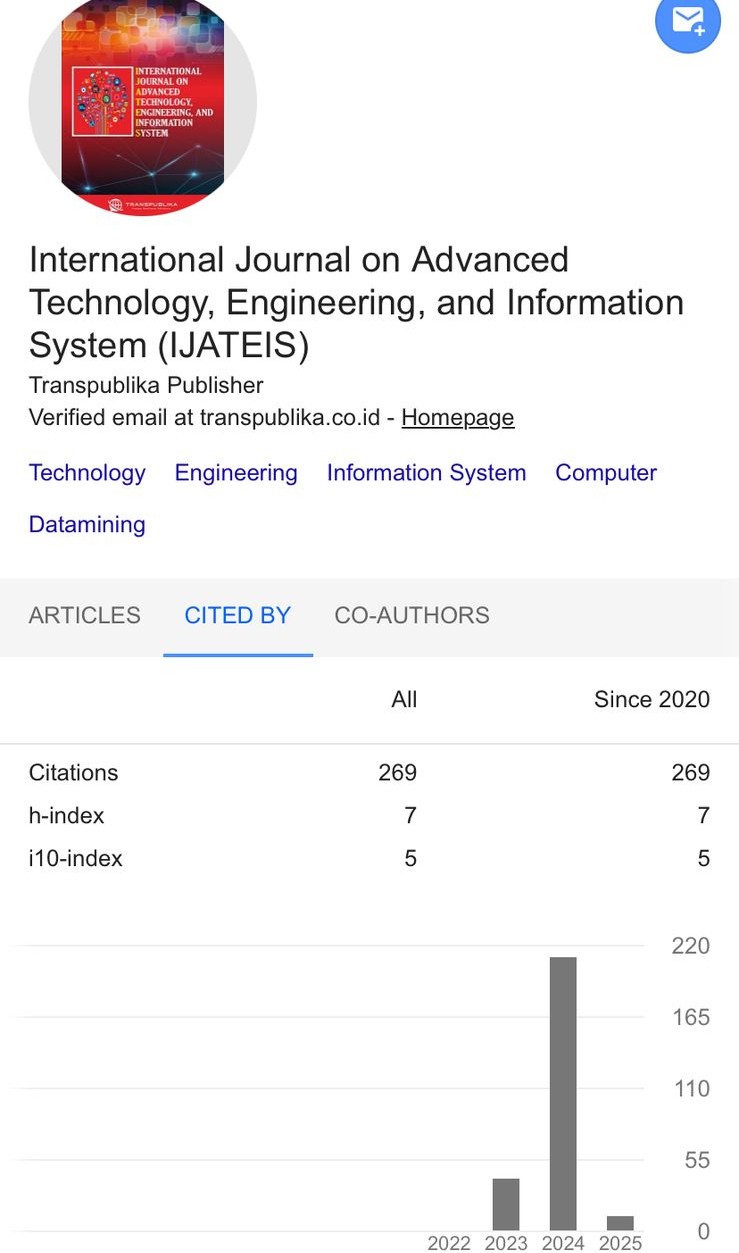ANALYSIS OF THE APPLICATION OF CLEAN AND HEALTHY LIVING BEHAVIOR (PHBS) ON THE USE OF CLEAN WATER IN THE COMMUNITY IN MEUTARA VILLAGE, JAYA SUB-DISTRICT, ACEH JAYA DISTRICT
Main Article Content
Taufiq Karma
Safaratul Zikra*
Clean and Healthy Living Behavior (PHBS) refers to the practice of maintaining personal cleanliness and health awareness in daily life. According to the World Health Organization (WHO), clean water is defined as water that meets health standards and is safe for daily use, including consumption, drinking, and food preparation. Adopting healthy living practices is crucial for everyone, as it offers numerous benefits, including improved mental and physical health, increased focus, family welfare, and the creation of a pleasant and peaceful living environment. Water plays a vital role in sustaining life, and it is essential for individuals to secure an adequate supply. However, the water used is often not compliant with health standards, frequently containing germs or harmful substances that pose a threat to human health. PHBS encompasses all health behaviors performed with conscious awareness, enabling individuals to manage their health effectively and participate actively in health-related activities. Therefore, it is important to disseminate information about PHBS to the community to raise awareness of its significance. This awareness can foster the adoption of PHBS practices, ultimately enhancing the health and welfare of family members and the community at large.
Abadi, M. F. (2018). Interaksi Komponen Sustainable Livelihood Memengaruhi Pilihan Penggunaan Air Bersih Pada Komunitas Urban Di Kawasan Permukiman Kumuh: Interaction Of Sustainable Livelihood Component Influences Selection Of Clean Water Usage In Urban Community In Slum Settlement Area. Bali Medika Jurnal, 5(1), 136–143.
Agustina, N., Hayati, R., & Irianty, H. (2019). Peningkatan Perilaku Hidup Bersih dan Sehat (PHBS) di Rumah Tangga Terhadap Penggunaan Air Sumur Gali dalam Menurunkan Angka Kejadian Water Borne Disease. Indonesian Journal of Community Dedication, 1(1), 6–9.
Aziza, N., Mega, N., Julia, B., & Abidin, Z. (2020). Pengaruh penyuluhan kesehatan tentang PHBS dalam menggunakan air bersih terhadap kebersihan dan kesehatan rumah tangga di desa sidoasih kabupaten lampung selatan. Kampurui Jurnal Kesehatan Masyarakat, 2(2), 43–47.
Julianingsih, V., Karjoso, T. K., & Harahap, E. S. (2020). Faktor-faktor yang berhubungan dengan PHBS di Pekanbaru. Health Care: Jurnal Kesehatan, 9(1), 9–16.
Kurniawati, R. D., Kraar, M. H., Amalia, V. N., & Kusaeri, M. T. (2020). Peningkatan akses air bersih melalui sosialisasi dan penyaringan air sederhana desa Haurpugur. Jurnal Pengabdian Dan Peningkatan Mutu Masyarakat (JANAYU), 1(2).
Nasution, A. S. (2020). Edukasi PHBS di Tatanan Rumah Tangga Untuk Meningkatkan Perilaku Sehat. Jurnal Abdidas, 1(2), 28–32.
Oktavianisya, N., Aliftitah, S., & Hasanah, L. (2020). Pemberdayaan Masyarakat dalam Penggunaan Air Bersih dan Air Minum di Desa Cangkreng Kecamatan Lenteng. JAPI (Jurnal Akses Pengabdian Indonesia), 5(2), 98–107.
Permatasari, J., Gusnawangti, G., Safitri, D. F., Luthfia, F., Orlanda, D., Ariani, M., Sholeha, M., Amelia, P., & Fitriah, F. (2019). Penyuluhan PHBS Dalam Mewujudkan Masyarakat Dusun Talang Parit Peduli Akan Kesehatan. Jurnal Pengabdian Harapan Ibu (JPHI), 1(1), 18–23.
Tentama, F. (2017). Penerapan perilaku hidup bersih dan sehat (PHBS) demi kesejahteraan masyarakat Kecamatan Tuntang Kabupaten Semarang Jawa Tengah. Jurnal Pemberdayaan: Publikasi Hasil Pengabdian Kepada Masyarakat, 1(1), 13–18.
Water, W. H. O. W. H. O. G. (2019). Sanitation and Hygiene Annual Report 2018. World Health Organization: Geneva, Switzerland.
WHO. (2020). Water safety and quality.












